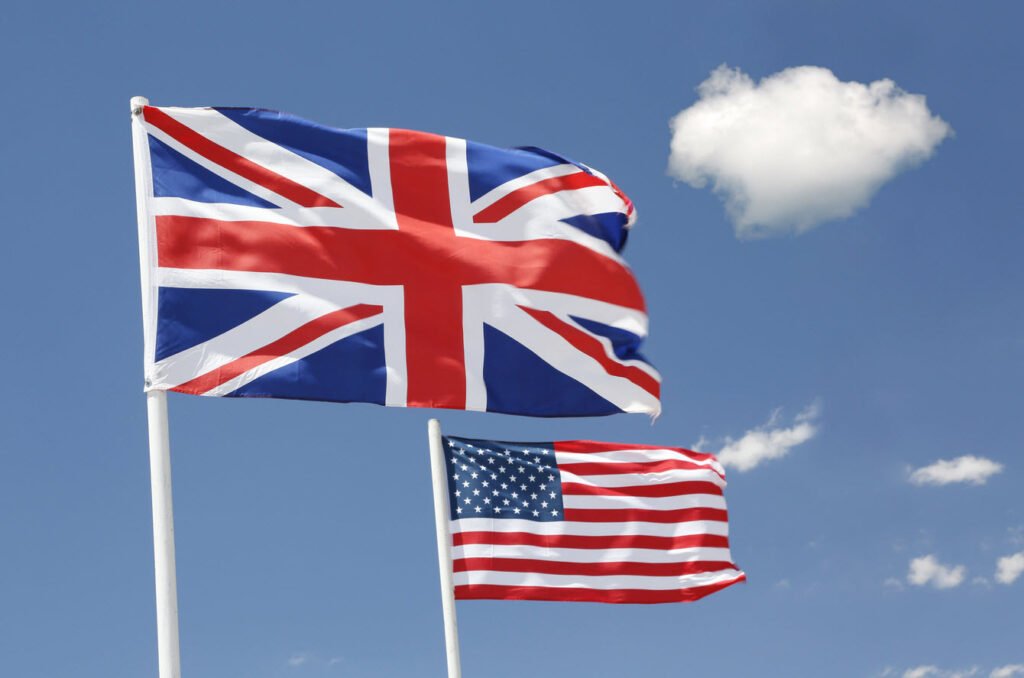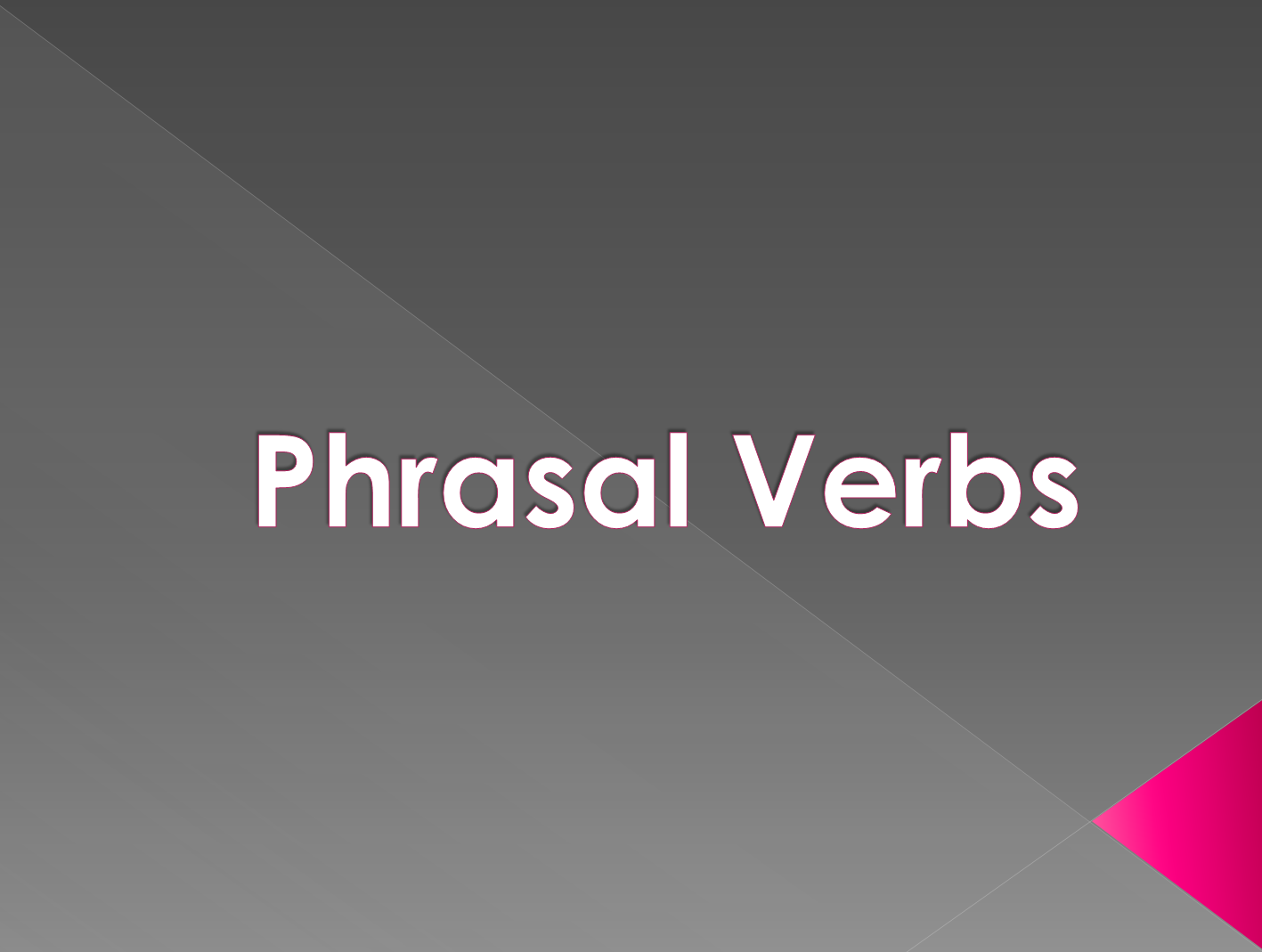
Language is a constantly evolving and adaptable entity, and English is no exception. One fascinating aspect of the English language is its adaptability across different regions and cultures. American English and British English, while fundamentally the same language, have distinctive vocabulary, spellings, and even pronunciation.
In this article, we will explore into some of the notable differences in vocabulary between American English (US) and British English (UK).
| S.No. | US | UK |
| 1 | Eraser | Rubber |
| 2 | Cell | Mobile phone |
| 3 | Candy | Sweets |
| 4 | Sneakers | Trainers |
| 5 | Trousers | Pants |
| 6 | Mailman | Postman |
| 7 | Vacation | Holiday |
| 8 | Airplane | Aeroplane |
| 9 | Last | Surname |
| 10 | Subway | Underground |
| 11 | Apartment | Flat |
| 12 | First | Ground floor |
| 13 | Flashlight | Torch |
| 14 | Picture | Photo |
| 15 | Fries | Chips |
| 16 | Gasoline | Petrol |
| 17 | Sidewalk | Pavement |
| 18 | Truck | Lorry |
| 19 | Highway | Motorway |
| 20 | Fall | Autumn |
| 21 | Elevator | Lift |
| 22 | Cookie | Biscuits |
Vocabulary Differences
1. Eraser (US) – Rubber (UK)
– In the United States, you would use an eraser to correct mistakes in your writing, while in the United Kingdom, it’s commonly referred to as a rubber.
2. Cell phone (US) – Mobile phone (UK)
– Americans use “cell phone” to describe a portable communication device, whereas Britons use “mobile phone” for the same.
3. Candy (US) – Sweets (UK)
– Americans use the term “candy” to refer to sweet treats, while the British use “sweets.”
4. Sneakers (US) – Trainers (UK)
– Footwear designed for sports or casual wear is known as “sneakers” in the US, whereas in the UK, they are often referred to as “trainers.”
5. Trousers (US) – Pants (UK)
– In the United States, “pants” is used to describe what the British call “trousers.”
6. Mailman (US) – Postman (UK)
– The individual who delivers mail is known as a “mailman” in the US, while in the UK, they are referred to as a “postman.”
7. Vacation (US) – Holiday (UK)
– Americans take “vacations,” while Britons go on “holidays.”
8. Airplane (US) – Aeroplane (UK)
– Americans use “airplane” to describe a powered flying vehicle, whereas Britons commonly use “aeroplane.”
9. Last name (US) – Surname (UK)
– In the US, people refer to the final part of a person’s name as the “last name,” while in the UK, it is known as the “surname.”
10. Subway (US) – Underground (UK)
– Americans use “subway” to describe an underground railway, while the British use “underground.”
11. Apartment (US) – Flat (UK)
– In the US, a rented living space is often referred to as an “apartment,” whereas in the UK, it is commonly called a “flat.”
12. First floor (US) – Ground floor (UK)
– The level above the ground floor is called the “first floor” in the US, whereas in the UK, it’s referred to as the “ground floor.”
13. Flashlight (US) – Torch (UK)
– In the US, a portable, handheld light is known as a “flashlight,” while in the UK, it’s called a “torch.”
14. Picture (US) – Photo (UK)
– Americans often say “picture” to refer to an image, while Britons commonly use “photo.”
15. Fries (US) – Chips (UK)
– Americans refer to thin, fried potato slices as “fries,” while the British call them “chips.”
16. Gasoline (US) – Petrol (UK)
– The fuel used to power vehicles is “gasoline” in the US and “petrol” in the UK.
17. Sidewalk (US) – Pavement (UK)
– The paved pedestrian path at the side of the road is referred to as the “sidewalk” in the US and the “pavement” in the UK.
18. Truck (US) – Lorry (UK)
– A large vehicle for transporting goods is known as a “truck” in the US and a “lorry” in the UK.
19. Highway (US) – Motorway (UK)
– Americans use the term “highway” to describe a major road for through traffic, whereas Britons use “motorway.”
20. Fall (US) – Autumn (UK)
– The season between summer and winter is referred to as “fall” in the US and “autumn” in the UK.
21. Elevator (US) – Lift (UK)
– Americans use “elevator” for a device that moves people or goods up and down between floors, whereas Britons say “lift.”
22. Cookie (US) – Biscuit (UK)
– Americans use “cookie” to describe a sweet, baked treat, while Britons use “biscuit.”
Conclusion
Language is a reflection of culture, history, and societal nuances. The differences in vocabulary between American English and British English highlight the unique linguistic variations that have evolved over time. Embracing and understanding these differences enriches our appreciation for the English language in all its diverse forms.
You may also like:- Idioms and Other Expressions Used For Talking About ‘Work’
- What Are Weasel Words?
- Money and Finance – Test Your Knowledge
- Phrasal Verbs, Idioms and Other Expressions Using ‘CUT’
- How to Say Time in English
- Idioms and Other Expressions Used For Talking About Money
- Shopping and Consumerism – Match the Correct Name
- Phrasal Verbs – Choose the Correct Verb
- Currency Markets – Choose The Best Words
- Personal Qualities – Use the Best Nouns and Adjectives








